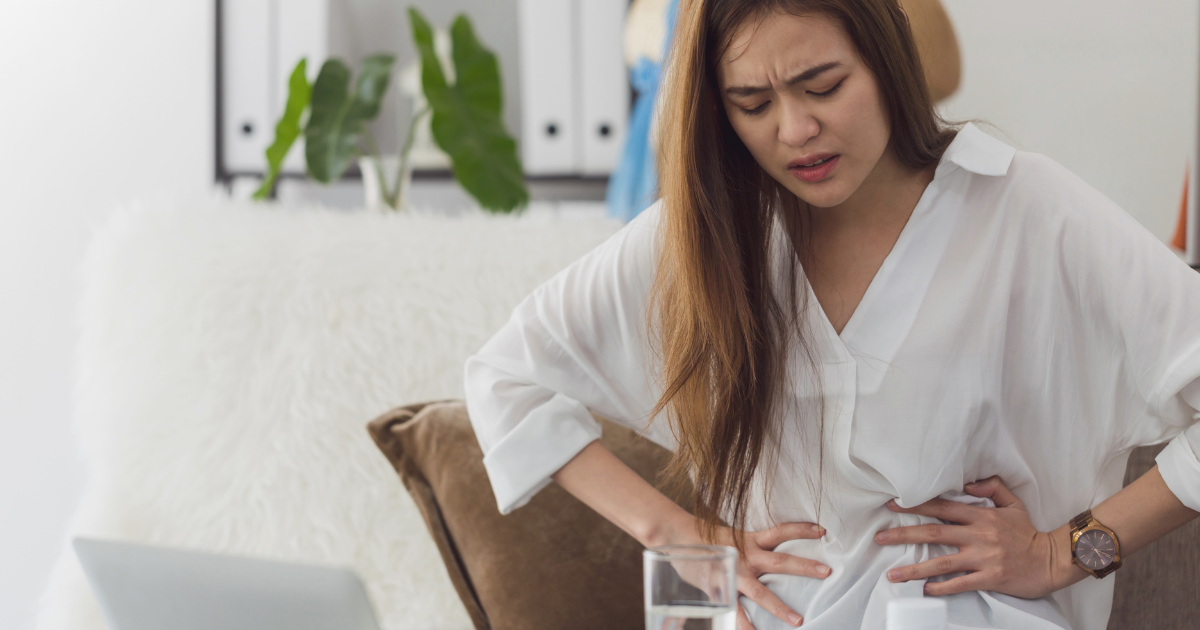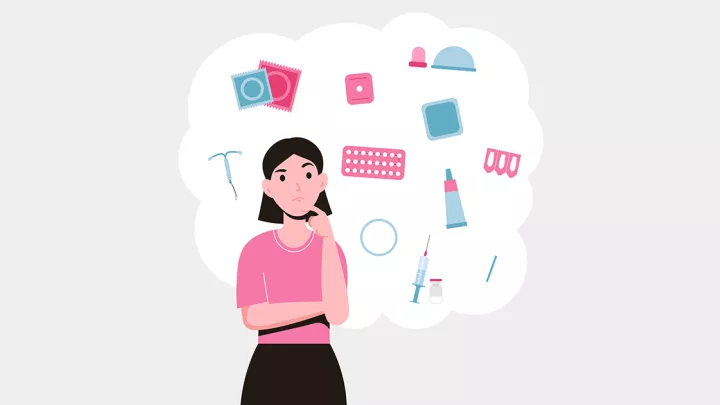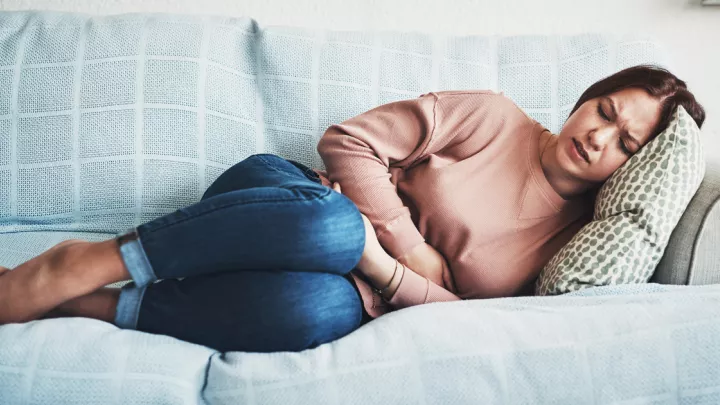You asked, we answered: Why do I get body aches before my period?

YAWA:
Why does everything hurt (my whole body) right before my period? Not just cramps but sore muscles, joints, headache. Everything. It happens every time and goes away a couple days in. Is this normal?
Answered by Karen Carlson, MD, OB-GYN:
It is estimated that up to 90% of women have reported some form of premenstrual symptoms, also known as PMS, before their period. The most common symptoms include bloating, breast tenderness, cramping, mood changes, headache and constipation. Some women, especially younger ones, may even experience flu-like symptoms, like fatigue and body aches.
What causes PMS?
While the exact cause is not certain, PMS appears to result from the body’s reaction to a rise in the hormone progesterone after your monthly ovulation occurs. Fluctuations in the response to the brain chemical serotonin may also play a role, especially regarding mood changes, fatigue, food cravings and sleep problems.
Premenstrual symptoms usually start seven to 12 days before menstrual bleeding begins, when progesterone levels are highest. Symptoms typically go away within four days after the start of the period. Cramping and pain are usually more common during bleeding (blood can be red, brown or pink) and may be related to the contraction of the blood vessels and uterus as they push out the lining (period tissue) of the uterus.
PMS high-risk factors
Women at highest risk for PMS include those who are obese and have chronic health problems like diabetes, high blood pressure or metabolic syndrome (a combination of conditions including elevated blood pressure, high blood sugar, excess body fat around the waist and high cholesterol or triglyceride levels). Women who have more PMS may also have an abnormality in how their brain regulates serotonin.
How to reduce PMS
While there is no magic cure for premenstrual symptoms, practicing healthy lifestyle habits such as exercise, eating healthy, keeping a normal body mass index, and stress management are the best ways to reduce PMS naturally.
Can birth control pills help with PMS?
For women with premenstrual symptoms, birth control pills may be a helpful treatment. Birth control pills with both estrogen and progesterone and ones that have fewer pills, or placebo pills (four instead of seven), may be particularly helpful in treating premenstrual syndrome. Some of the birth control pills with newer forms of progesterone may also be helpful. Selective serotonin reuptake inhibitors, or antidepressants, which increase serotonin levels, have also been effective in reducing symptoms in some women. These can be taken for two weeks before your period or even on an everyday basis.
In the most severe cases, gonadotropin-releasing hormone agonist, or GnRH, medications may be prescribed. These turn off the ovaries and put your body into menopause. The lack of hormonal cycling and menstrual periods that result from the GnRH agonist medications may help treat more severe premenstrual symptoms, but they are only recommended for use for a short period of time.
Need help with PMS?
Call 800.922.000 to schedule an appointment with one of our doctors.






